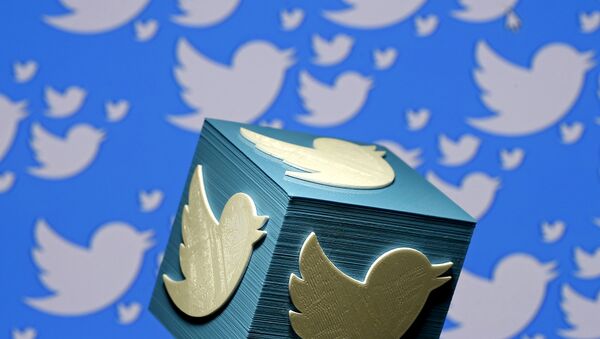Dorsey announced the move via Twitter in a series of tweets, explaining, "we believe political message reach should be earned, not bought."
"A political message earns reach when people decide to follow an account or retweet. Paying for reach removes that decision, forcing highly optimized and targeted political messages on people. We believe this decision should not be compromised by money," the Twitter thread continues. "While internet advertising is incredibly powerful and very effective for commercial advertisers, that power brings significant risks to politics, where it can be used to influence votes to affect the lives of millions."
"Internet political ads present entirely new challenges to civic discourse: machine learning-based optimization of messaging and micro-targeting, unchecked misleading information, and deep fakes. All at increasing velocity, sophistication, and overwhelming scale. These challenges will affect ALL internet communication, not just political ads. Best to focus our efforts on the root problems, without the additional burden and complexity taking money brings. Trying to fix both means fixing neither well, and harms our credibility," he notes.
Dorsey further states that the company initially considered only ceasing candidate ads, but that the final decision was to include all political ads since "it isn’t fair for everyone but candidates to buy ads for issues they want to push."
The official policy will be released on November 15, and be enforced on November 22. A few exceptions to the measure will include advertisements in support of voter registration.
Dorsey concluded the move by stating that the issue "isn't about free expression," but rather the matter of simply "paying for reach."
"Paying to increase the reach of political speech has significant ramifications that today’s democratic infrastructure may not be prepared to handle. It’s worth stepping back in order to address," it reads.
According to CNBC, moments after the announcement was made Twitter's stock fell by more than 2%.
Hours after the announcement was made, Brad Parscale, the campaign manager for US President Donald Trump's 2020 reelection campaign, issued a statement condemning the move.
"Twitter just walked away from hundreds of millions of dollars of potential revenue, a very dumb decision for their stockholders. Will Twitter also be stopping ads from biased liberal media outlets who will now run unchecked as they buy obvious political content meant to attack Republicans?" reads the release. "This is yet another attempt to silence conservatives, since Twitter knows President Trump has the most sophisticated online program ever known."
Twitter's new policy comes as fellow social media platform Facebook has been continuously criticized for its policy to neither fact check nor remove political ads submitted by politicians. Campbell Brown, Facebook's Head of News Partnerships, recently responded to the critics, saying that she was "astonished" for the negative coverage, and that it's ultimately up to the press to distinguish from what's fact and what's fiction - "not engineers at a tech company."

